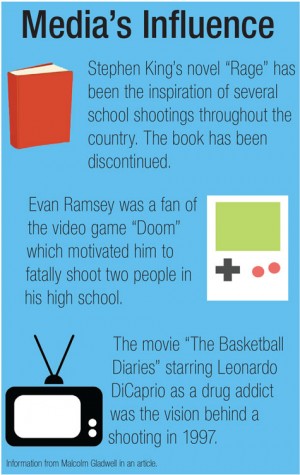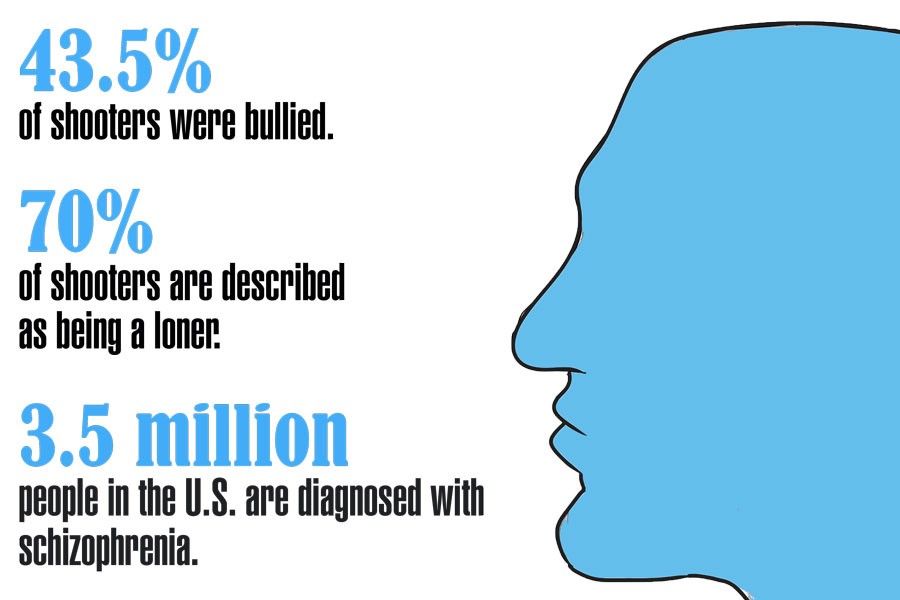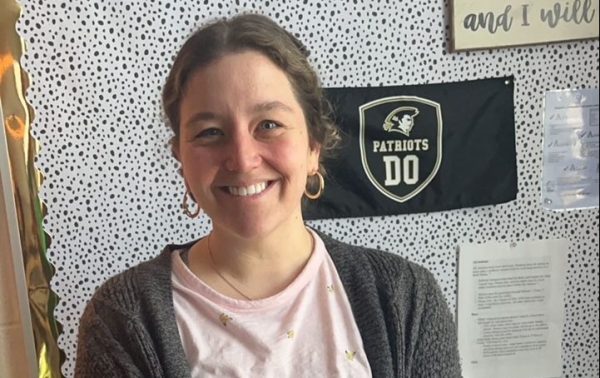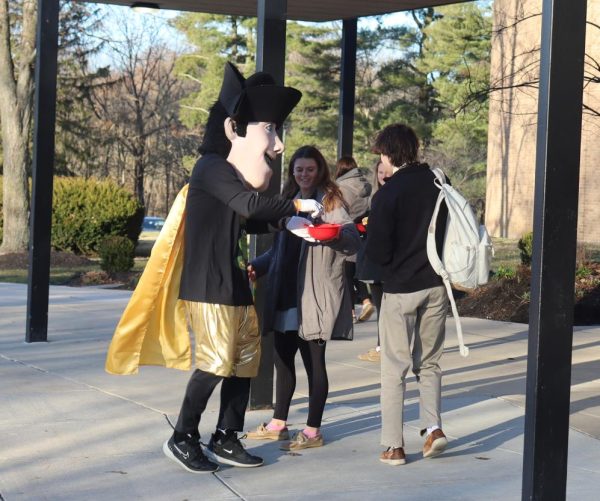Why do school shootings happen?
April 20, 1999. 21 people injured. 12 people killed.
That day marked a catastrophic school shooting at Columbine High School in Columbine, Colorado. Although this wasn’t the first mass shooting, it seemed to be a catalyst for the next 16 years of gun violence in America.
Eric Harris and Dylan Klebold, the shooters at Columbine, left the nation shell-shocked. Explanations for this massacre varied from extreme to nonexistent. Since Columbine, numerous mass shootings have taken place and left a mark on American culture, such as Virginia Tech, Sandy Hook, Aurora, and more.
As each day the world hears of dozens of shootings, they must ask themselves the same question: “Why do school shootings happen?”
Bestselling author Malcolm Gladwell, recently wrote an article in the New Yorker called,“The Thresholds of Violence,” in which he referenced sociologist Ralph Larkin who argues that Harris and Klebold laid down a “cultural script” for the next generation of shooters. It was like a contagion, and according to Gladwell, this type of behavior must be looked at from a group perspective.
Gladwell theorized that the threshold hypothesis can be used to understand group behavior, and categorized this phenomenon as a “slow-motion, ever-evolving riot, in which each new participant’s action makes sense in reaction to and in combination with those” that preceded them.
Harris and Klebold provided a basis that allowed people with a higher threshold for violence to join in on the “activity.” Shooters followed in their footsteps and, according to Gladwell, these acts became more “more self-referential, more ritualized, more and more about identification with the school-shooting tradition.”
However, this hypothesis can only go so far. Besides this being a cultural phenomenon, according to psychologist Dr. Paul Lazor, the health and psyches of the individuals must be considered.
“Most school shooters, my understanding is, have some kind of mental health problem. Most of [the infamous shooters] have mental illnesses, but it doesn’t mean that if you have mental illness you’re going to be a mass killer, but you have a higher risk of that than the average population,” Lazor said.
The idea behind those who decide to terrorize schools often comes from a deep rooted traumatic experience or bad upbringing. Gladwell theorizes that shooters are those who have been abused or blame the world for their sadness and want to seek revenge by harming the person and/or the world.
Then there are people like 17-year-old John LaDue, who was planning to kill his entire family, plant bombs in the recycling bins, and start shooting at his school. LaDue was detained, and as it turns out, LaDue wasn’t seeking revenge at all: he was autistic and had Asperger’s syndrome.
Along with gun control, mental health care has been a popular topic of contention when addressing the problem of mass shootings. “A lot of these people have chronic schizophrenia or some related illness, which probably contributes to them doing some of these acts, ” Lazor said.
When looking at a person, it’s impossible to judge a person’s capability for violence. But, by looking at a person’s past behavior, psychologists and families could better assess those in their lives who may express violent behavior.
According to Lazor, previous violent, threatening behavior is a key indicator for inclination towards future acts of violence. “It’s very hard to predict dangerousness, you know, from a psychological point of view, but you do know previous behavior, and that can be a good predictor,” Lazor said.
No one really knows what shooters are thinking because it’s hard to tell when they’ve reached a tipping point or surpassed that threshold for violence. Psychologists say it’s an internal battle with voices in their heads, and others point at America’s availability to guns.
According to Harvard Politics, the U.S. has over 270 million guns. Since people can’t be forced into treatment for mental health issues, and background checks often don’t focus on mental health history, those more prone to violence have easy access to weaponry. Even if background checks were more thorough, Americans are able to buy guns through private sales in over 40 states without any type of screening process.
Needless to say, gun violence is a very complex issues that can be looked at from very different angles, but one thing that is key is mental illness. However, as Gladwell made clear, because events such as school shootings have become more common, “young men no longer need to be deeply disturbed to contemplate horrific acts.” The framework is already there.
Azanae Barrow is a Community Editor and Claire Grunewald is a Print Chief for The Patriot and jcpatriot.com.






